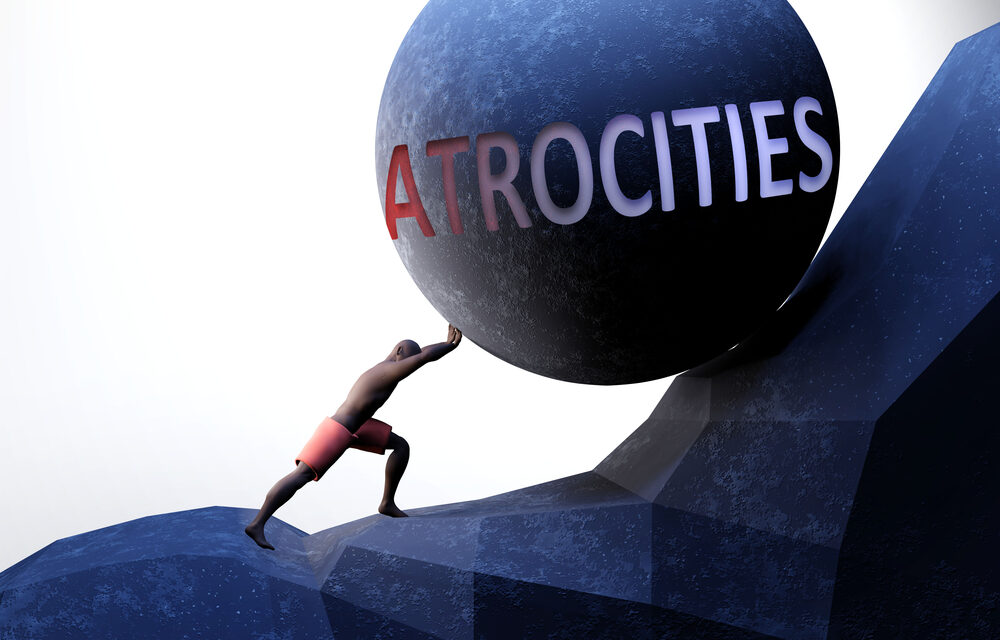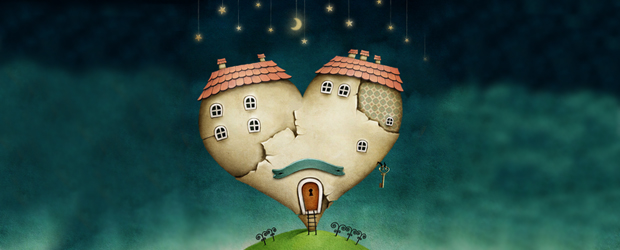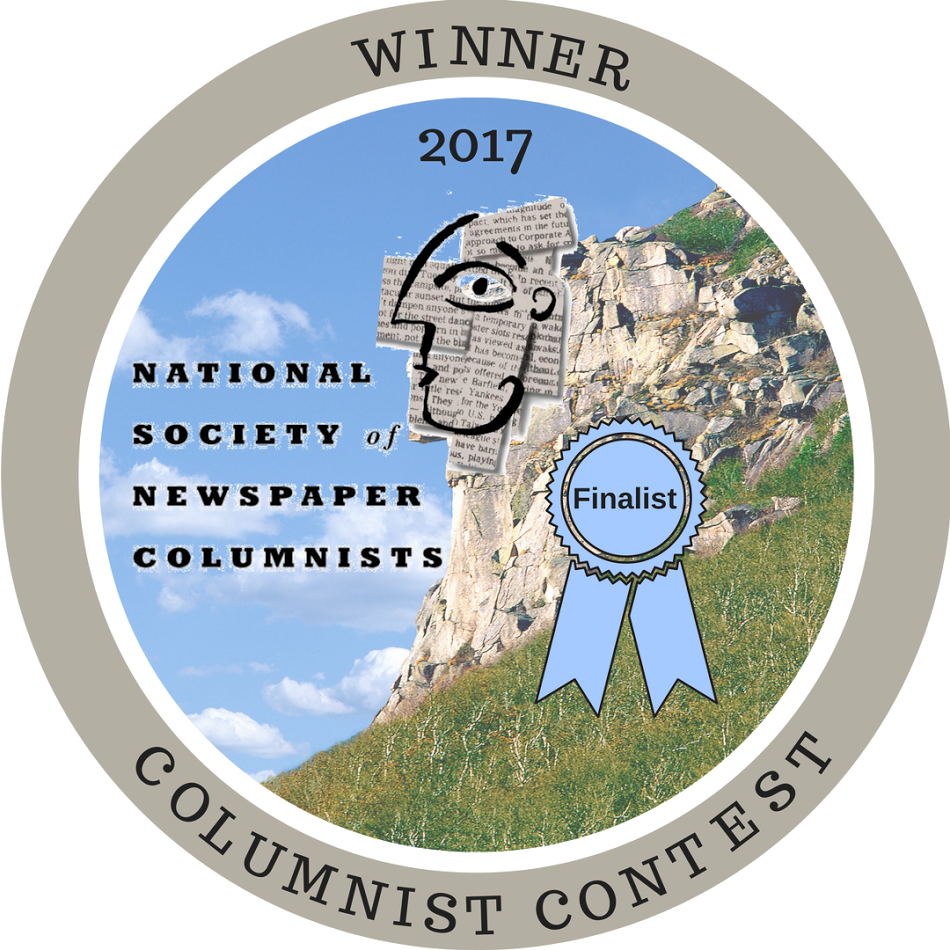“The teal eternity of the Atlantic Ocean had severed them so completely from what had once been their home that it was as if nothing had ever existed before, as if everything and everyone they cherished had simply vanished from the earth.”
That paragraph in The 1619 Project: A New Origin Story by author Nikole Hannah-Jones elicited a gasp from this reader, who touched finger to iPad screen to highlight it and read it a few more times. This is a book that – in some ways like Caste by Isabel Wilkerson — brings to life the atrocities inflicted by white people upon Black people in American history.
Perhaps ‘brings to life’ is too proper and bookish. What I mean is pounds, virtually pelts the reader with such stinging information that each hit doesn’t have time to recover when another comes and so the bruising endures. The cadence of the writing (from a variety of authors who contributed) has a battering effect in spots, appropriate and necessary given the weight of the material. If it is rough to read, what was it like to live? For centuries?
Home gone.
Life uprooted.
To where? To what?
Power grab, on.
And I’m only six chapters in.
****
Whew.
It’s a seemingly average day, if one has those anymore in a pandemic. From my reading life to current world affairs I go. One minute consuming past American atrocities that set the tone for this nation divided, and the next, learning of Vladimir Putin’s atrocities at the ready as he prepares to invade neighboring Ukraine.
It’s all breathtaking. Too much. At one point I feel like my only shot at oxygen is a two-hour dose of a Hallmark movie about a veil with magic powers.
Who am I now?
We, global citizens, sit poised, waiting to see if twisted Putin is going to make good on his unhinged rant about stopping Nazis that don’t exist. And then the explosions begin and our wondering ceases.
Ukrainians begin to find shelter underground. Some flee in cars, some on foot.
I think of the aforementioned passage by Hannah-Jones about the enslaved people in chains en route from Africa to America “severed so completely from what had once been their home.” The challenges are different for Ukrainians, but the severing has a similar abrupt and unthinkable feel.
Home gone.
Life uprooted.
To where? To what?
Power grab, on.
****
I go back to reading The 1619 Project.
“Just a few months earlier, they’d had families, and farms, and lives, and dreams. They’d been free. They had names, of course, but their enslavers had not bothered to record them.”
People as property. Disposable, but no. Because they had to be alive to be bought and sold. The white man’s wealth depended on it.
Soon I’m reading a chapter called Fear by Leslie Alexander and Michelle Alexander and how the local police forces in the South were “often made up of former slave patrollers and members of the Ku Klux Klan.” They used curfews to “control, harass, detain, and punish” Black people for “daring to behave as though they were free.”
No need to dial back to those times to cringe on that front, though, because we just put away three white men in Georgia for hunting down and killing Ahmad Arbery for taking a jog. For daring to behave as though he were free. These were not police officers, mind you, just weak-minded citizens who thought they were powerful and supreme by virtue of their skin color.
“Nothing has proved more threatening to our democracy, or more devastating to Black communities, than white fear of Black freedom dreams,” Leslie Alexander and Michelle Alexander write.
And the book keeps documenting it, over and over again.
****
Back to current events I go. I’ve unwittingly put myself in this tunnel of heinous behavior on all sides, past and present, here and there. I consistently bounce from bad to worse, reminded that while we keep looking “over there” understandably appalled at what the dictator is doing, thousands of our fellow citizens “over here” are trying to suppress what we’ve done to get us to this point in our country.
Why?
They’re trying to whitewash what we teach as American history, or more accurately, preserve that abhorrent tradition by banning books and taking to local board of education meetings to yell about a curriculum they often can’t even articulate. The outcry is about not making the children uncomfortable or having the government parent their kids. How dare we teach them about the role of whites enslaving Blacks in shaping this nation.
It becomes clear to me that children would probably be better equipped to handle the ugly facts of our history than the emotionally stunted adults who don’t want to feel “discomfort” themselves – God forbid — but are projecting it on the youth.
Meanwhile, as Putin’s troops make their push, as days pass, we learn some Ukrainians are staying, fighting, fending off the violent advances of a madman. It is giving us a lot to think about in terms of our own courage and willingness to act in times that tug at our souls.
There are moments of relief. My country is still a democracy under a leader who is seasoned and measured and humane. All the current threats to our Black citizens – the state-by-state chipping away at voting laws and the whitewashed history being taught in schools — are getting pushback. We are teetering, but most of our citizens still want real freedom to reign. Not the drummed-up version from the mask mandate petulance, but the real kind that has yet to be achieved here for Black people.
****
Since George Floyd was murdered by a police officer in 2020, many in the United States have been listening better, so to speak, on matters of systemic racial inequality. Some who thought we were white allies realized there was a lot we still didn’t get, and we’ve taken action to learn. Smart phones and social media have been instrumental in a civil rights awakening we likely wouldn’t have seen otherwise.
“Of the more than 7,750 demonstrations that took place in the United States between May 26 and August 22 [2020], nearly 95 percent were nonviolent,” Leslie Alexander and Michelle Alexander write.
One of the things that becomes clear in reading The 1619 Project is that if a small percentage of Black people see violence as their way to be heard, it’s because they learned it from their treatment at the hands of whites.
I’m tired of being asked if I condemn Black violence. My answer will now be – did you condemn it when more than two thousand white people killed and burned Black homes and businesses in Tulsa in 1921 for having the audacity to thrive? Oh, what’s that? You didn’t know about that? It wasn’t in your comprehensive lily-white history lesson in ninth grade?
Some of us have become disgusted by what we didn’t learn in school.
****
As I go about my life, walking, taking a shower, washing dishes, all the mundane stuff, my mind is pinging from past to present. Am I over here or over there? Our atrocities or theirs?
It’s all too much, so I try to distill some of it down for today.
May we take the example of the Ukrainians who won’t give up easily, who fight for what’s right with President Zelensky taking the lead. May we look within and ask ourselves as a nation how hard we’re going to push back on the racists trying to control the historical narrative of the United States. Or the bigots trying to stop scores of black voters from casting a ballot, buoyed by a disgraced former president.
Ukraine is fighting for its survival. The U.S. needs to acknowledge its ugly past to have a prayer of moving forward.
This is where we are. This is our world.






